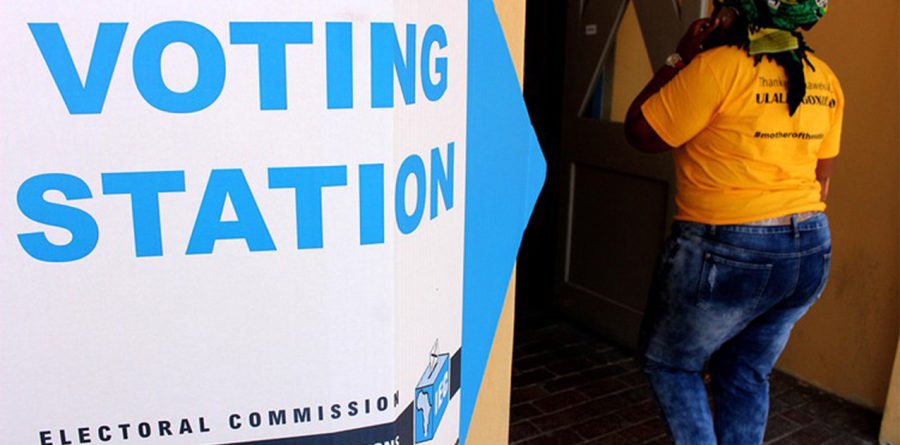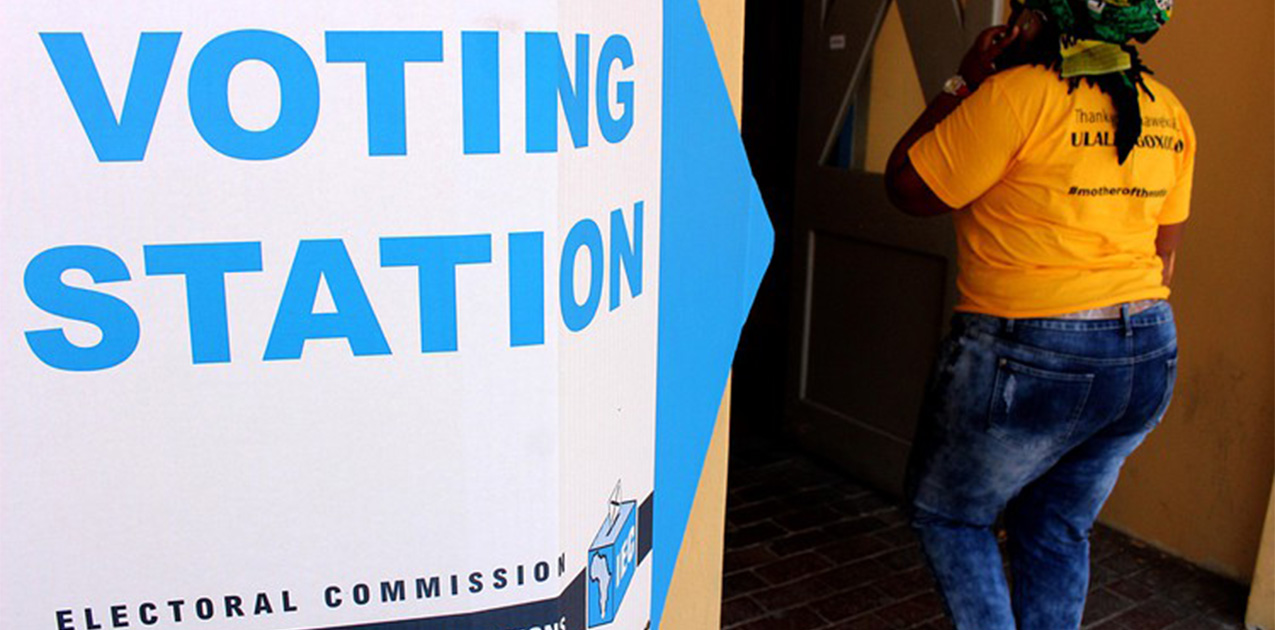
Elections: Over 100 voting stations closed due to protests
The IEC is concerned over the unrest in the Eastern Cape. More than 100 voting stations could not open for the first day of Special Votes.

The Electoral Commission (IEC) in the Eastern Cape has expressed concerns over the unrest in some areas of the province. More than 100 voting stations could not open for the first day of Special Votes.
STRIKES AND PROTESTS AFFECT VOTING STATIONS IN THE EASTERN CAPE
Over 100 voting stations were unable to open for the first day of Special Votes. This was due to taxi strikes in the OR Tambo District and service delivery protests across the Eastern Cape province. Altogether around 1.6-million people across the country have applied to cast their ballot in the special vote. This is a special dispensation for those who cannot get to a polling station on election day. IEC provincial head Khayakazi Magudumane said that Port St Johns accounts for the most voting stations and remains closed.
”The most affected area was OR Tambo, but that number has now reduced because we have only 110 stations that are still closed and the bulk of those stations are in Port St. Johns. They have 91 stations that are not operational and they have only 134 stations so 91 is quite a big number.”
IEC provincial head Khayakazi Magudumane, SABC News
MTHATHA’S SITUATION STILL TENSE
The situation in Mthatha remains tense following protest action at the entry and exit points to the city. Business Live reported that taxi operators block off routes in Mthatha, bringing traffic to a standstill.
“Currently, the main road which is the N2 and the R61 is closed. Motorists are advised to use alternative routes and to avoid these roads.”
Eastern Cape police spokesperson Colonel Priscilla Naidu
Numerous organisations including the South African Police Service (SAPS) have warned South Africans of an increased risk of violence and unrest amidst the 2024 elections.
EASTERN CAPE CALLS ON ARMY FOR HELP
The Eastern Cape department of transport and community safety is seeking the assistance of the South African National Defence Force (SANDF) during protests by taxi operators in Mthatha, according to Business Live.
“They have used trucks to blockade the roads. Law enforcement is on the ground. We are getting reinforcement from the SANDF to try to bring the situation back to normality. Unfortunately, it has affected a lot of things, including schools and airports – just about everything.”Eastern Cape department of transport and community safety spokesperson, Unathi Binqose
The department put out a warning, advising that people who are travelling to, from, or through the Mthatha area are urged to either delay their travel significantly or better yet, avoid the town completely. This is for the time being while law enforcement attempts to bring the situation under control.
THREE BALLOT PAPERS ON ELECTION DAY, 29 MAY
The voting stations will be open from 07h00 to 21h00 tomorrow. This will be South Africa’s seventh democratic elections.
The government has urged that voters familiarise themselves with the ballot papers. It will be the first time that voters will receive three ballot papers instead of two as was the case in previous elections. Voters will receive three ballot papers to elect candidates to represent them in the National Assembly and Provincial Legislatures.
“Our appeal to voters is to remember that they can only put one mark on each ballot, more than one mark will result in a spoiled vote and not counted. The Universal Ballot Template (UBT), whose dimensions are benchmarked against the longest ballot paper will be available in all voting stations. The UBT can be used by blind and partially sighted people, low-vision users, people who are dyslexic, and people with motor and neuron conditions which do not allow for a steady hand.”IEC Chief Electoral Officer (CEO) Sy Mamabolo
Here is a summary of the three ballot papers:
- The national ballot: This ballot will consist of a list of political parties vying for seats for 200 seats in the National Assembly. This ballot will be used to vote for political parties.
- The regional or province-to-national ballots: This will have political parties and independent candidates contesting for the seats reserved for each province in the National Assembly.
- The provincial ballots: This ballot is unique to each province and includes parties and independent candidates competing for seats in each respective provincial legislature.
Click here to see a checklist for the upcoming elections to ensure you have the necessary information.
